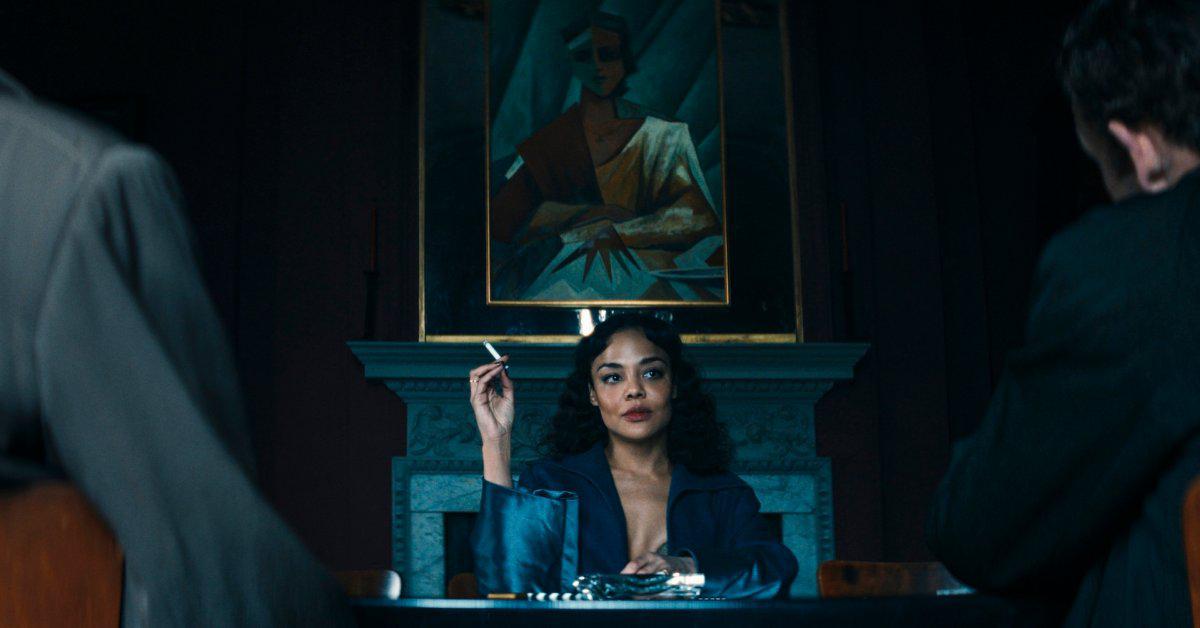The Story Behind Hedda, Which Updates One of Theater's Greatest Roles
海达背后的故事:更新戏剧史上最伟大角色之一

Nia DaCosta's adaptation makes significant changes to Henrik Ibsen's 1891 masterwork, but leaves the same bitter aftertaste.
2025-10-29 1904词 晦涩
It is the fact that she could do much better than him that makes her marriage so convenient, but in trying to secure a novel type of freedom for a woman in a traditional world, Hedda enacts deceptions and schemes that tragically prove that she is limited to the confines of a “proper,” conservative patriarchy—driving her ultimately to tragic, bitter ends. When we end our short stay with Hedda, large fragments of her character still feel illegible—despite her dextrous command of euphemism and startling candidness in a repressed society. Stage directors and performers have attempted to excavate and animate that ambiguity, first dreamed up by the Norwegian playwright Henrik Ibsen in Hedda Gabler, for over a century.
免责声明:本文来自网络公开资料,仅供学习交流,其观点和倾向不代表本站立场。